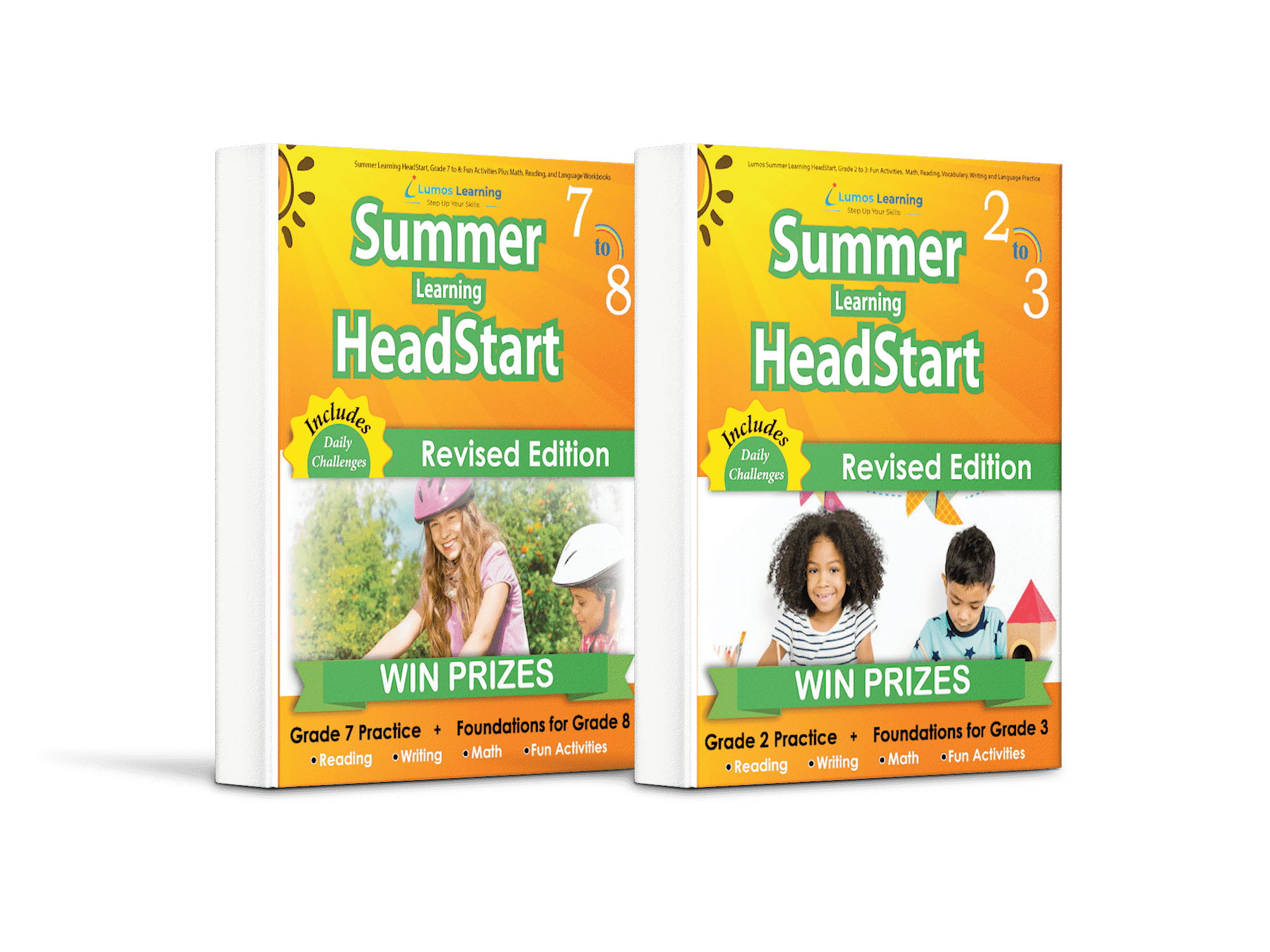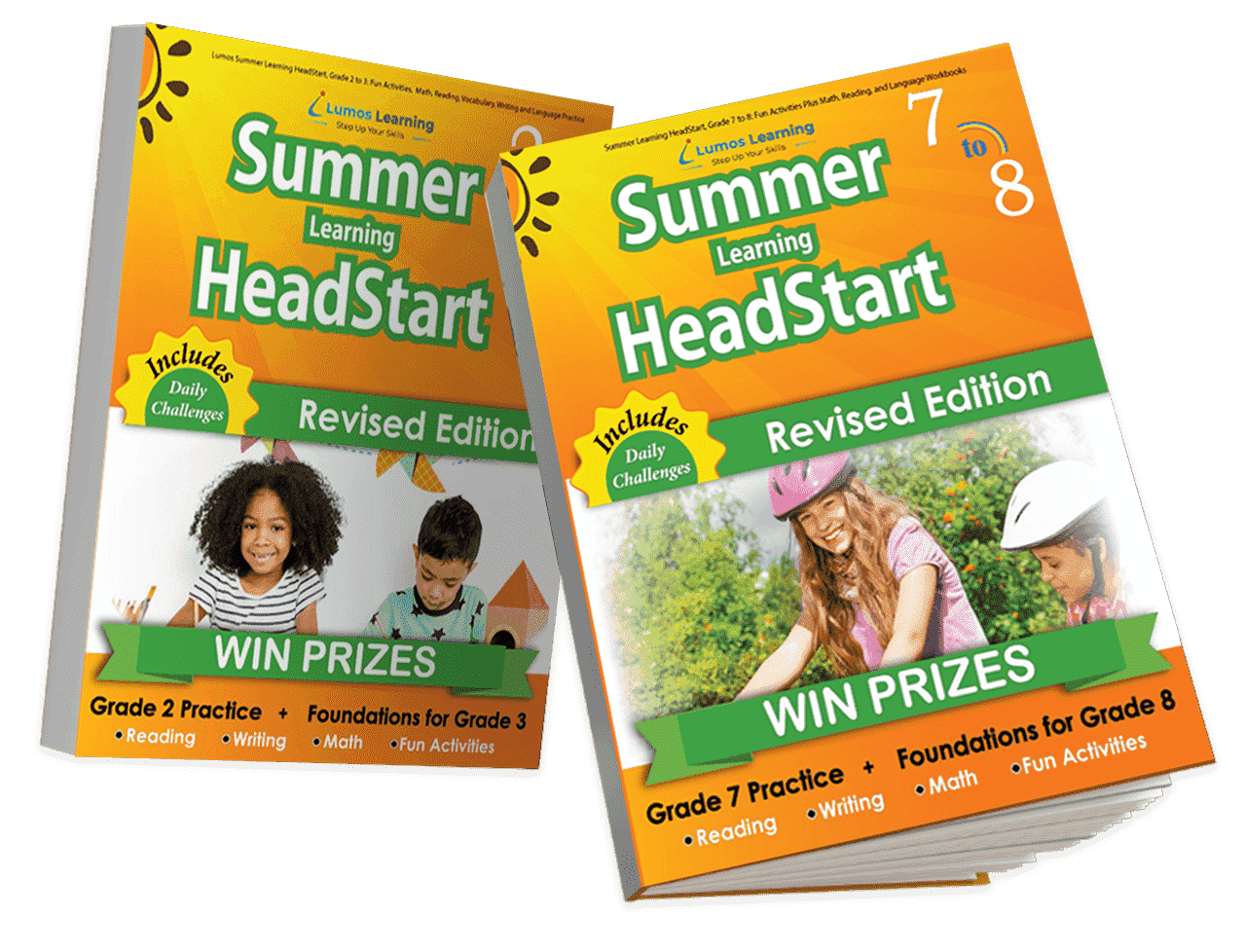Summer Reading: Questions to Ask That Promote Comprehension
It’s crucial to address the risk of students losing academic ground during the summer break, particularly in areas like reading level, spelling, and vocabulary. To prevent this “brain drain” and foster literacy skills, encouraging daily reading is essential. However, taking an active role in your child’s summer reading by engaging in dialogue and asking thought-provoking questions can further enhance their comprehension and critical thinking abilities.
Here are some effective questions and discussion ideas that promote comprehension, recall, and critical thinking skills.
Citing Evidence
Citing evidence involves seeking proof within the text (books, magazines, newspapers) to support answers, opinions, or assertions. For example, you can ask your child, “Did you enjoy this book?” and follow up their response with “Why?” This prompts them to provide details and examples from the story as evidence. Encourage older students to find direct quotes to support their opinions or answers, further challenging their critical thinking skills., expands knowledge, enhances language skills, and nurtures empathy. By engaging in regular reading, children develop a lifelong passion for learning and a rich inner world of ideas.
Summarizing
Summarizing is the ability to concisely explain the key elements of a story. For nonfiction pieces, ask your child to describe the 5W’s – who, what, where, when, why (and how). For literature, have them summarize story elements such as the setting, characters, main conflict or problem, events, resolution, and theme. Specific and accurate summaries indicate comprehension. Older students can explore more complex story elements like the climax, rising action, and falling action.
Making Inferences: Reading Between the Lines
Making inferences requires analyzing information and drawing conclusions that may not be explicitly stated in the text. Ask your child to describe the main character’s personality, explain how a character changed throughout the novel, or analyze how the setting influenced the plot. Older students can compare and contrast multiple characters to highlight differences and similarities in personality, actions, and more.
Reading the same book as your child allows for more detailed discussions and a better understanding of their comprehension. However, even if you’re unable to read the same material, asking these questions demonstrates your interest in their reading and supports their development.
Engage in active dialogue and thought-provoking questions to enhance your child’s summer reading experience. By promoting comprehension and critical thinking skills, you can ensure they make the most of their summer break while maintaining academic progress. Happy reading!
Download Free Summer Worksheets for Every Grade
- Free Summer Worksheet for Grade 1 to 2
- Free Summer Worksheet for Grade 2 to 3
- Free Summer Worksheet for Grade 3 to 4
- Free Summer Worksheet for Grade 4 to 5
- Free Summer Worksheet for Grade 5 to 6
- Free Summer Worksheet for Grade 6 to 7
- Free Summer Worksheet for Grade 7 to 8
- Free Summer Worksheet for Grade 8 to 9
- Free Summer Worksheet for Grade 9 to 10












Pingback: PARENTS, ARE YOU READY FOR SEPTEMBER? BACK-TO-SCHOOL IDEAS TO PREPARE YOUR FAMILY FOR THE NEW SCHOOL YEAR 2016-17 – BY JULIE C. LYONS | Lumos Learning
Pingback: PARENTS, ARE YOU READY FOR SEPTEMBER? BACK-TO-SCHOOL IDEAS TO PREPARE YOUR FAMILY FOR THE NEW SCHOOL YEAR 2016-17 – BY JULIE C. LYONS | Lumos Learning
WOW just what I was looking for. Came here by searching for summer
Pingback: ✓ Summer Reading Clip Art - Marcia-richards
Hi there colleagues, its fantastic paragraph regarding educationand fully
explained, keep it up all the time.
Pingback: Summer Reading: Questions To Ask That Promote Comprehension | Think Educative
Normally I don’t learn article on blogs, however I wish to say that this write-up very compelled me to check
out and do it! Your writing style has been surprised me. Thanks, very nice post.
Pingback: Parents, Are You Ready for September? Back-To-School Ideas to Prepare Your Family For the New School Year – by Julie C. Lyons | Lumos Learning